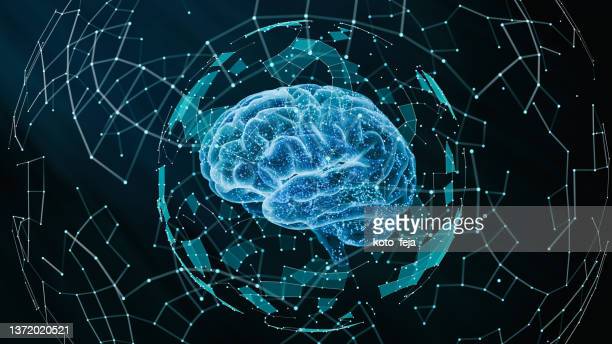
Computer vision is a field of artificial intelligence that focuses on enabling computers to interpret and understand visual data from the world around them. It involves using advanced algorithms and machine learning techniques to analyze and recognize images, videos, and other visual data, with applications in various industries, including healthcare, automotive, and retail.

Deep learning is a subfield of machine learning that involves training artificial neural networks to recognize and classify patterns in large datasets. These neural networks are inspired by the structure and function of the human brain, and are composed of multiple layers of interconnected nodes or "neurons". By adjusting the strength of connections between neurons, deep learning algorithms can learn to extract complex features from raw data, such as images, speech, or text. This has led to breakthroughs in a wide range of fields, including computer vision, natural language processing, speech recognition, and robotics. Deep learning has also enabled the development of cutting-edge applications such as self-driving cars, personalized medicine, and virtual assistants.
Robotics is a field that involves the design, construction, and operation of robots. A robot is a machine that is programmed to perform a specific task or set of tasks, either autonomously or under the guidance of a human operator. Robotics is a multidisciplinary field that draws on various branches of engineering, computer science, and mathematics.
Robots have the potential to transform many aspects of human life, from manufacturing and transportation to healthcare and entertainment. They can perform repetitive and dangerous tasks, work in hazardous environments, and assist humans in various activities.
Robotic systems typically consist of a combination of mechanical components, sensors, actuators, and control systems. The design of robots varies widely, depending on the task they are intended to perform. Some robots are designed to operate in highly structured environments, while others are intended to navigate complex and unstructured environments.
With advances in machine learning and artificial intelligence, robots are becoming more intelligent and capable of learning from their environment and adapting to new situations. Robotics is a rapidly evolving field, and it is expected to have a significant impact on various industries in the coming years.


